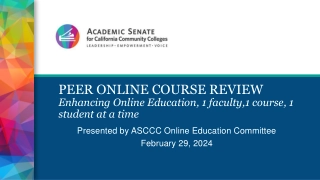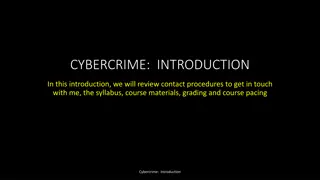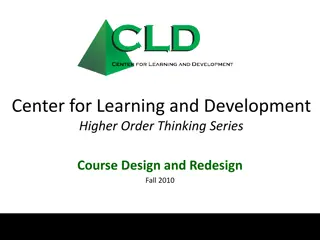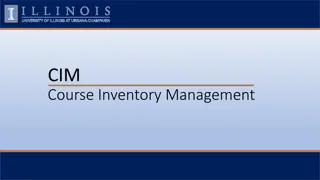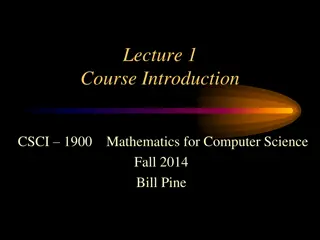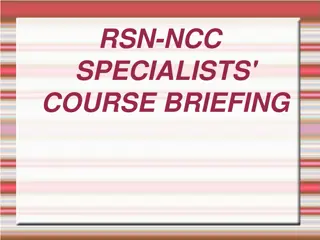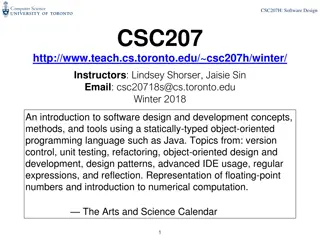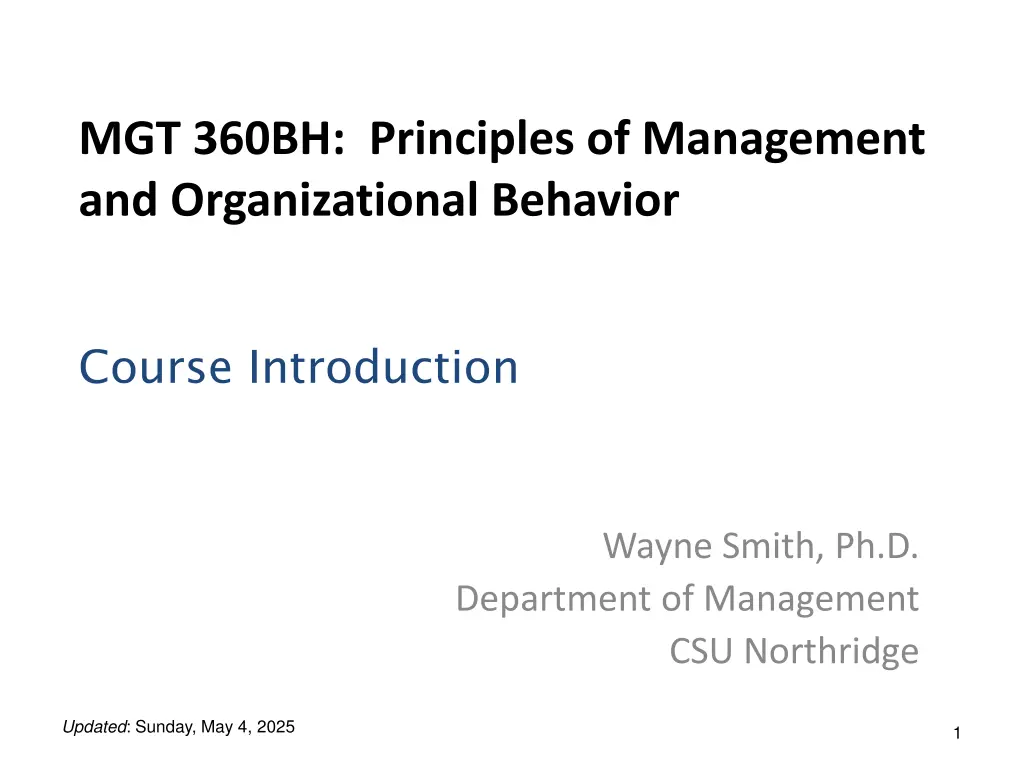
Managerial Success: Key Competencies and Skills for Effective Leadership
Explore the essential competencies and skills needed for managerial success, including ethics, trust, interpersonal savvy, and tolerance for ambiguity. Gain insights into developing fruitful relationships and managing through complex organizational systems.
Download Presentation

Please find below an Image/Link to download the presentation.
The content on the website is provided AS IS for your information and personal use only. It may not be sold, licensed, or shared on other websites without obtaining consent from the author. If you encounter any issues during the download, it is possible that the publisher has removed the file from their server.
You are allowed to download the files provided on this website for personal or commercial use, subject to the condition that they are used lawfully. All files are the property of their respective owners.
The content on the website is provided AS IS for your information and personal use only. It may not be sold, licensed, or shared on other websites without obtaining consent from the author.
E N D
Presentation Transcript
MGT 360BH: Principles of Management and Organizational Behavior Course Introduction Wayne Smith, Ph.D. Department of Management CSU Northridge Updated: Sunday, May 4, 2025 1
Introduction Course Logistics Course materials (frontload) 2
Your Managerial Career Trajectory Organizational Behavior Leadership Power Motivation Organizational Impact Conflict Resolution Communication Teams Strategy Measurement/Control Technical Analysis Vision/Mission/Goals Management Decision-making Org. Culture/Change Human Resources Ethics/CSR Managerial Roles A 40-year work life 3
Academic Focus Key Assumptions Can be Learned and Can be Continuously Improved Self-efficacy Skills, Knowledge, and Abilities What are Skills? Locus Internal 4
Academic Focus (cont.) Personal Objectivity Reflective Bests Best in communication In every time; in every place; in every context; Best in observation Anthropologists Qualitative Research In-depth Interview, Oral History, Focus Group, Ethnography, Content Analysis, Case Study 5
Personal Competencies for Managerial Success All competencies are important, but a few competencies characterize the key differences between professionals and managers. These are relatively indifferent to country, economy, industry, firm, salary, rank, seniority, etc. Ethics and Values; Integrity and Trust; Compassion; Managing Diversity; Successful managers know that trust is thetrue organizational currency. Action Oriented; Command Skills; Managerial Courage; Standing Alone; Successful managers shrewdly demonstrate a bias towards action. Interpersonal Savvy; Organizational Agility; Political Savvy; Creativity; Successful managers have behavioral flexibility to adapt to reach any goal. Developing Relationships with Bosses, Direct Reports, and Peers; Successful managers are constantly cultivating and nurturing relationships. Managing Through Systems; Personal Learning; Successful managers are the best at self-initiated learning, and the best at visualizing invisible structures in entire organizational ecosystems. Tolerance for Ambiguity; Dealing With Paradox; Conflict Management; Successful managers thrive in environments of uncertainty. e.g, Non-routine decision-making; unclear goals, tasks, and outcomes; role conflict 6
Tolerance for Ambiguity (Why is it important?) 7
Tolerance for Ambiguity (How do we deal with it?) 8
A Story I have a friend 9
How, specifically, do we develop management skills? 10
Some Recent Examples Wall Street Journal Investigators Repeatedly Warned Navy Ahead of Deadly Collisions Uber CEO Says He Needs Leadership Help After Video Shows Him Berating Driver

